
NATO Boss Tries To Bury the Hatchet With Slovak PM Fico
The Slovakian prime minister downplayed claims he wanted to leave the military alliance.

The Slovakian prime minister downplayed claims he wanted to leave the military alliance.
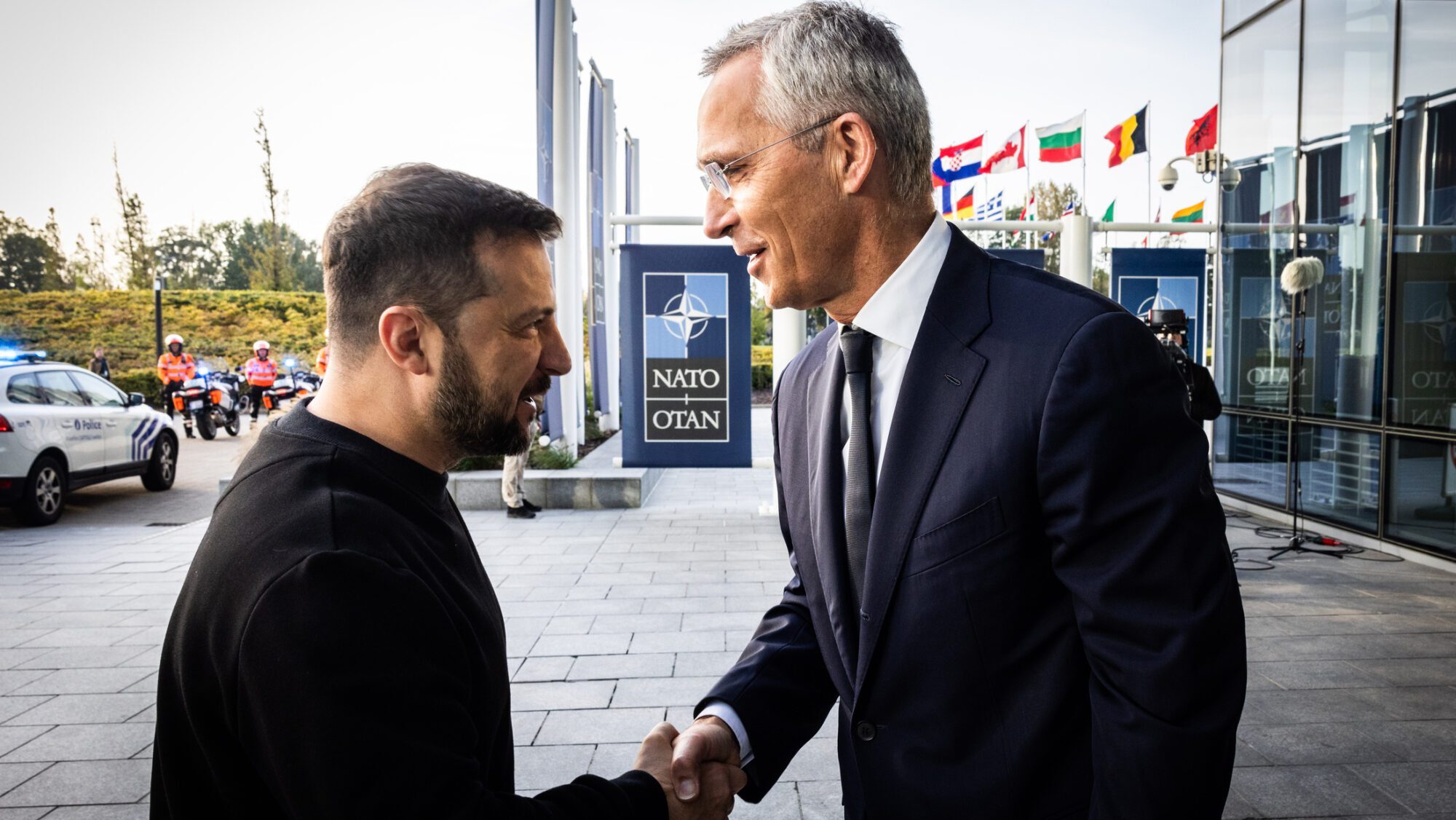
Zelensky appeared skeptical about long-term military support from the alliance.

Anti-war MEPs blamed Stoltenberg for overpromising to the Ukrainian government on NATO membership as Eastern European MEPs warned of the war’s further expansion into the region.
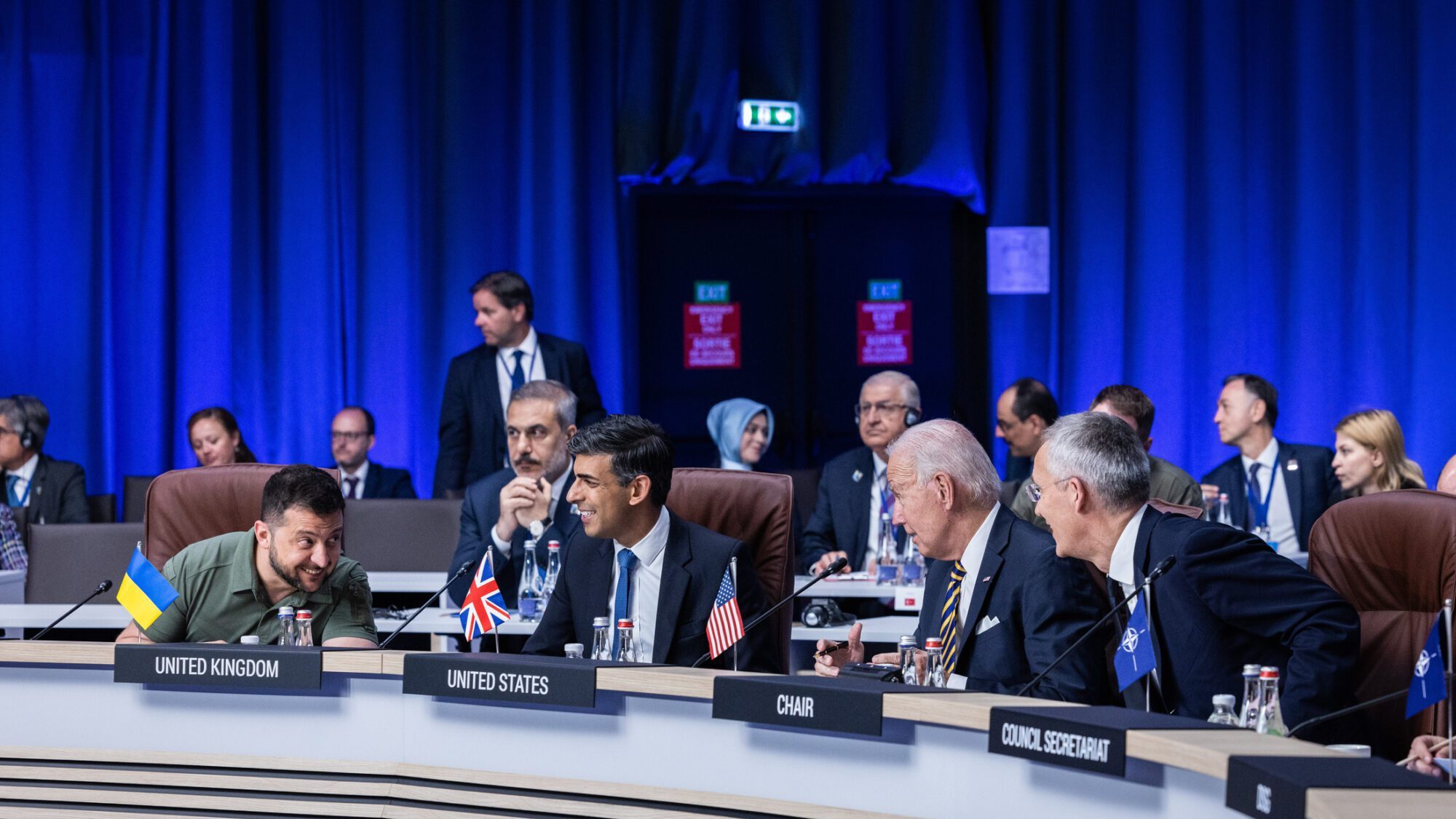
In contrast to the previous day, when NATO accession was denied to him, Ukrainian President Volodymyr Zelensky expressed satisfaction with the new, multi-year pledges made by G7 countries. “The security guarantees are an important development as we move into NATO, this is very important,” he said.
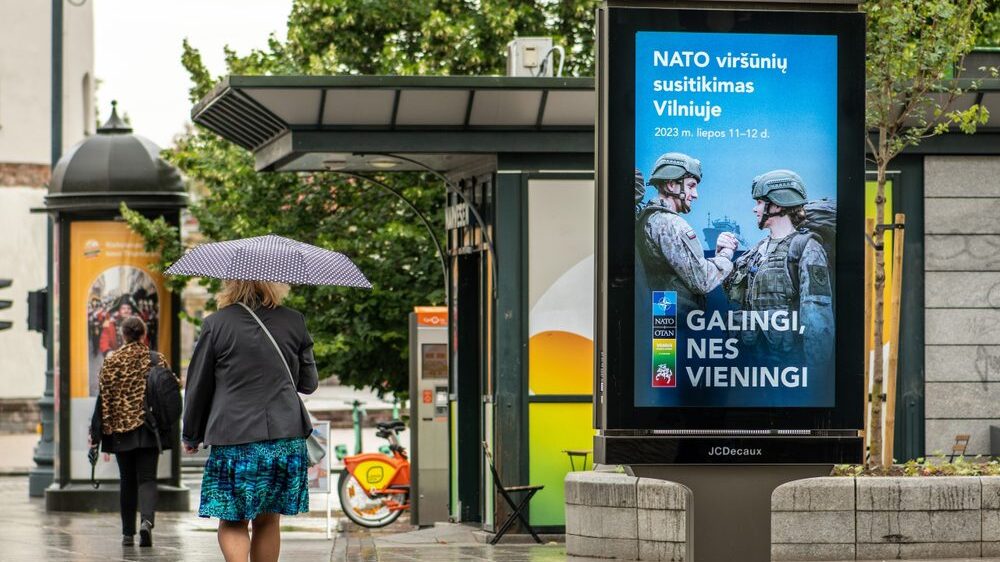
Between negotiating about Ukraine’s future and increased defense spending requirements, NATO leaders will also find time to war game how to respond to a concrete attack from Russia.
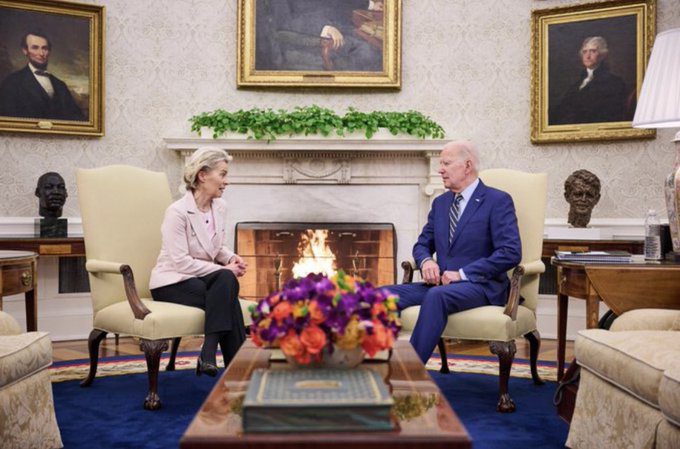
Despite denials from the White House, von der Leyen ticks all the boxes for Washington, and, for different reasons, is the preferred candidate for Germany and France in a career change that could alter the post-2024 political calculus of the EPP.
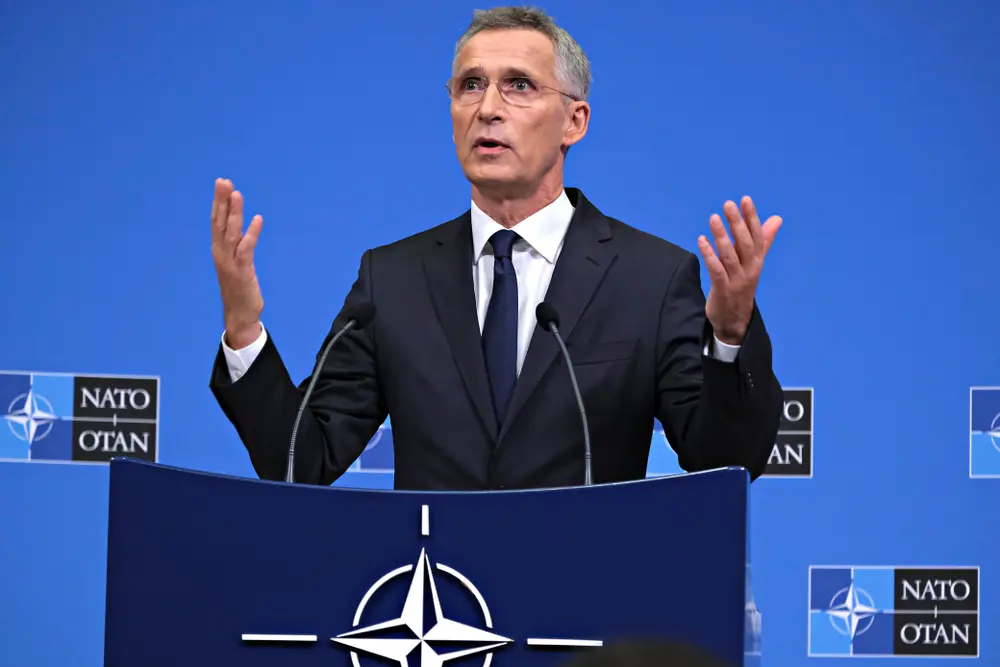
“Our weapons and ammunition stocks are depleted,” the NATO chief said, expecting all members to recommit to the 2% GDP defense spending rule at the upcoming Vilnius Summit in July.
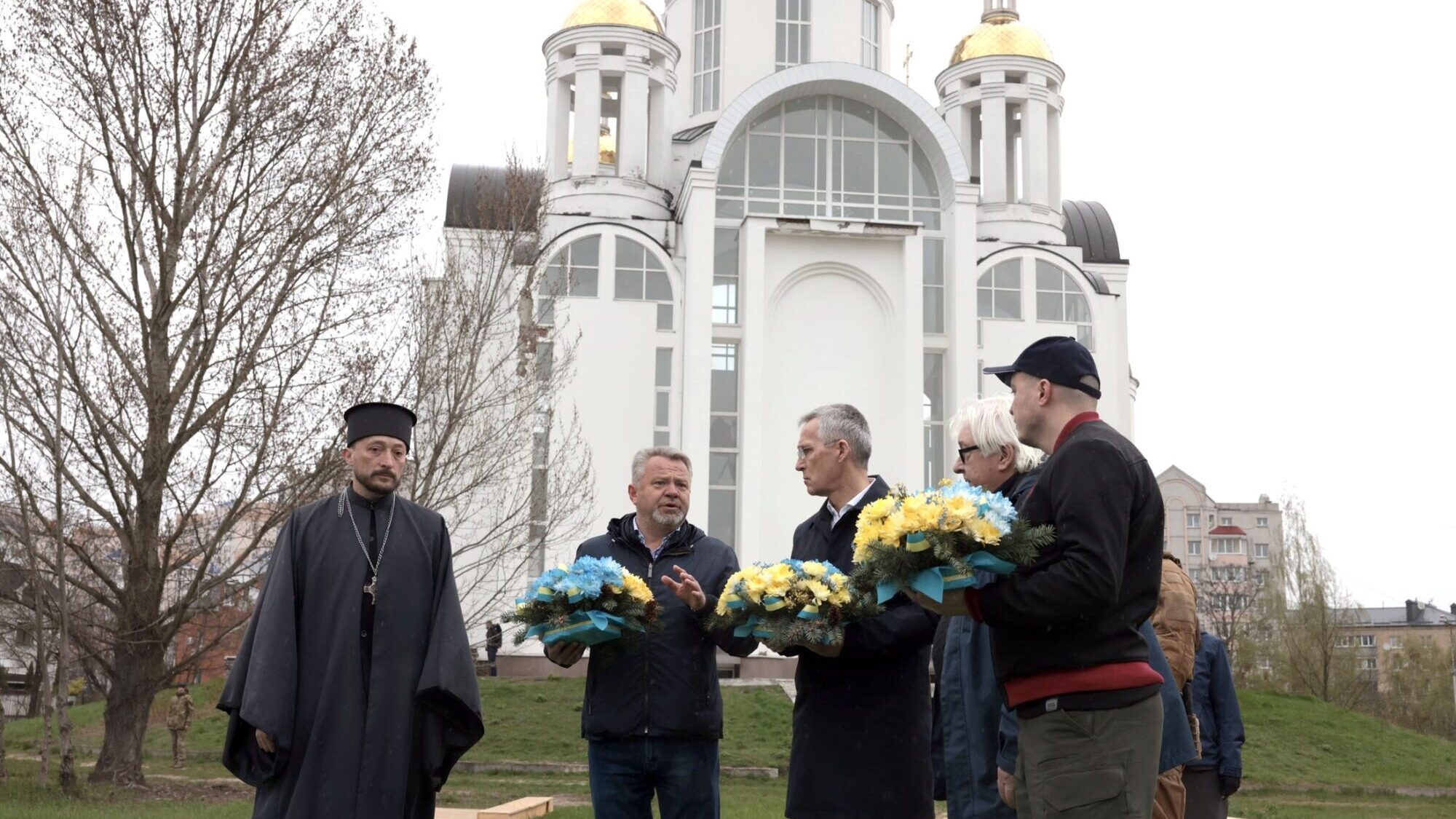
For now, NATO’s priority remains Ukraine’s “military victory over Russia,” the NATO Secretary General said.
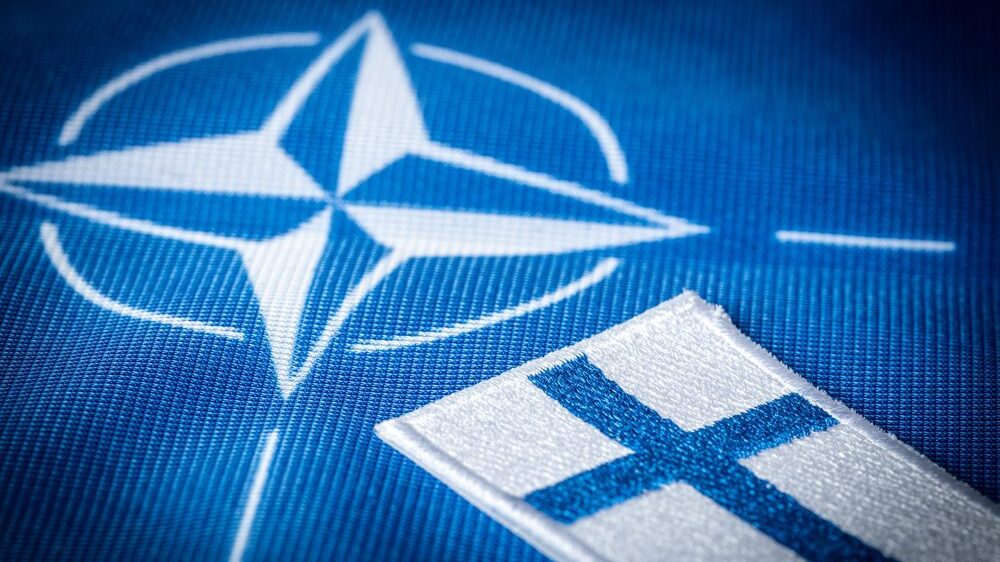
Ratification is expected before the Turkish parliament goes into recess in mid-April, bringing Finland one step closer to NATO membership.
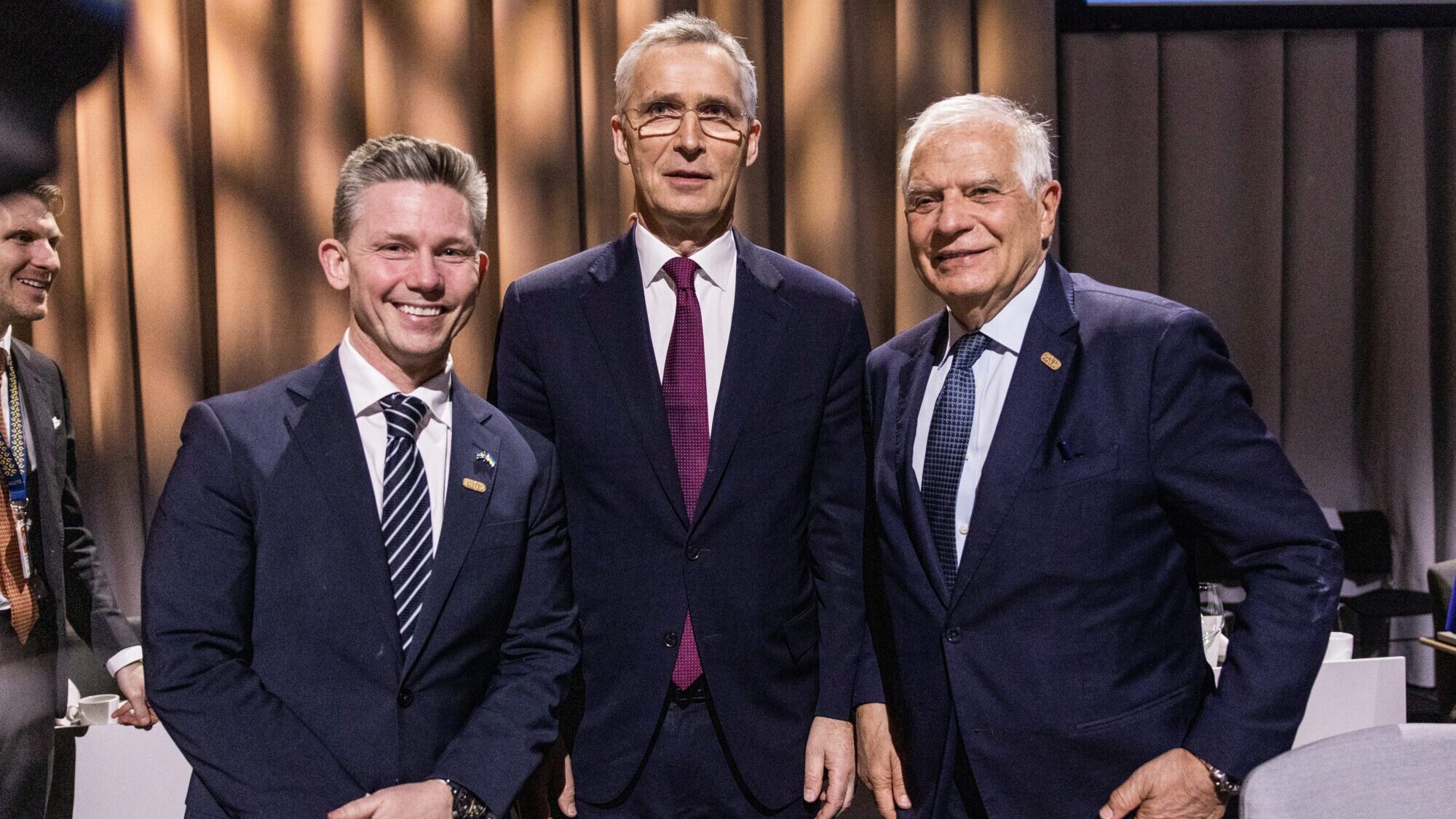
Another €2 billion was pledged under EU Foreign Affairs chief Josep Borrell’s three-step plan to solve the ammunition problem, involving significant production overhaul.